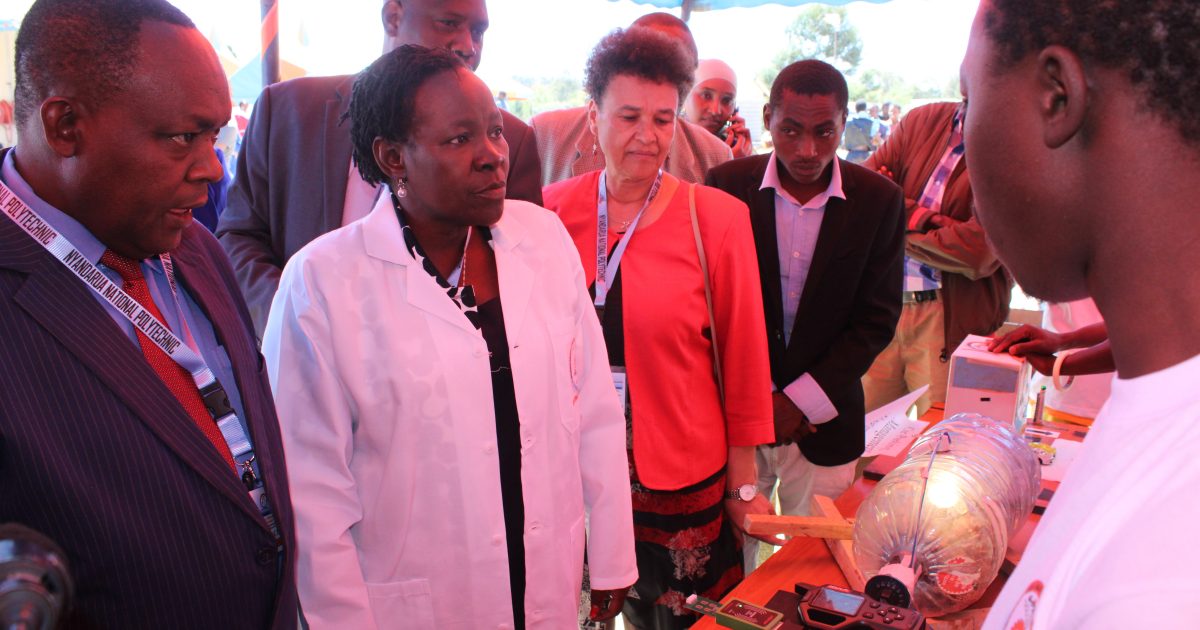Technical and Vocational Education Principal Secretary Dr. Esther Mworia wants students pursuing technical courses in universities and tertiary colleges to demonstrate competency of acquired skills prior to getting approved for graduation.
Dr Mworia called for a radical shift from the current practice where leaners just sit for written examinations and proceed to graduate.
This, she said, is a tough choice they have to make, saying it will ensure that students coming out from such training institutions are well versed on what is expected of them when they join the job market.
She said going forward, students will now have to come out as skilled people and that students should no longer be enlisted for graduation until they prove their capability in executing skills learned.
The PS said she was under pressure to showcase the nationally certified and internationally certified skilled graduates who can work both locally and internationally.
“We need to do away with education as it is as per now. We need to insist on skills, unless you are skilled you will not graduate. We need to rethink the whole structure of our training,” said PS Mworia
She spoke at Nyandarua National Polytechnic when she officially closed a 3-day Inaugural International Research Conference that brought together managers of TVET institutions, researchers, innovators and Industry players from across the country.
Dr. Mworia observed that TVETs were better placed to lead to the creation of more jobs in key sectors like infrastructure development, agriculture and manufacturing as they equip the youth with the requisite skills and competencies for targeted economic growth and prosperity of our nation.
Her sentiments were echoed by other participants in the conference who underscored the need to embrace research in upscaling the quality of training, and innovation and how to explore the emerging opportunities globally.
They said there was a need for the government to expand TVET institutions to increase training opportunities for the youth and increase skilled human capital.
By Antony Mwangi




